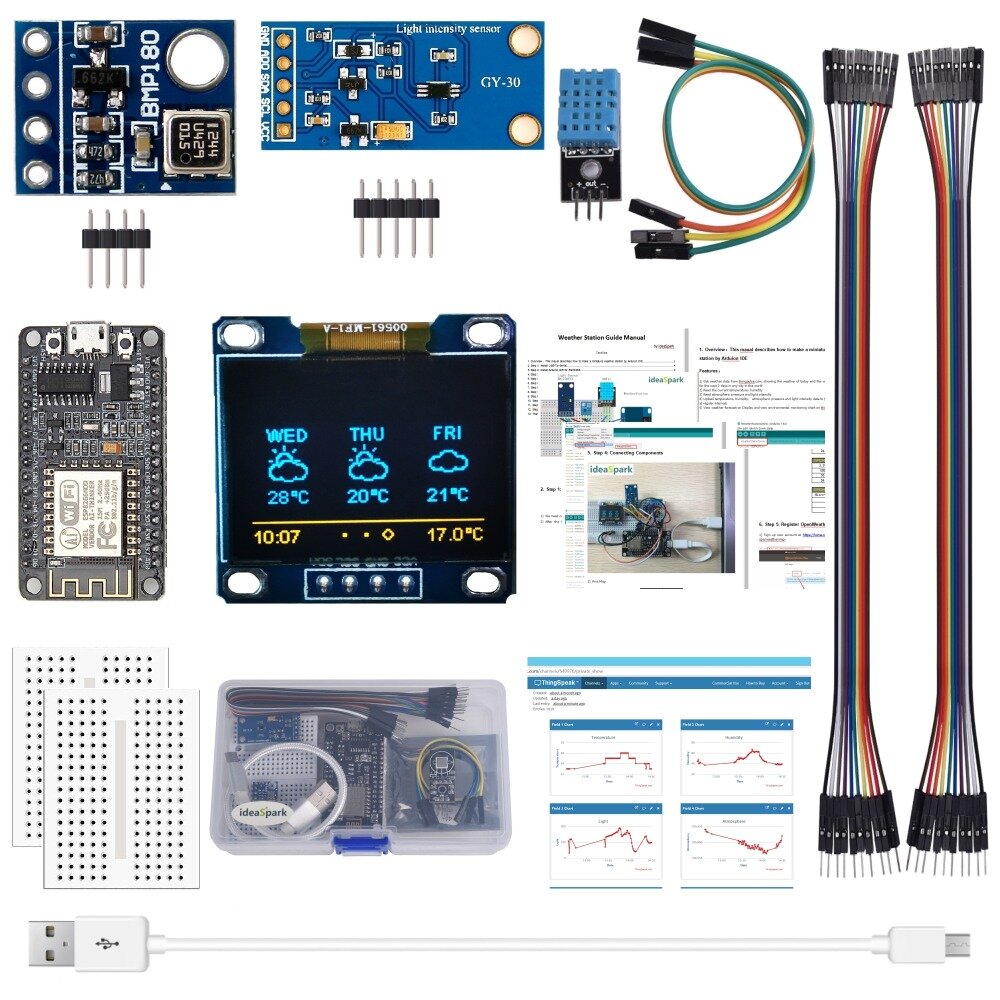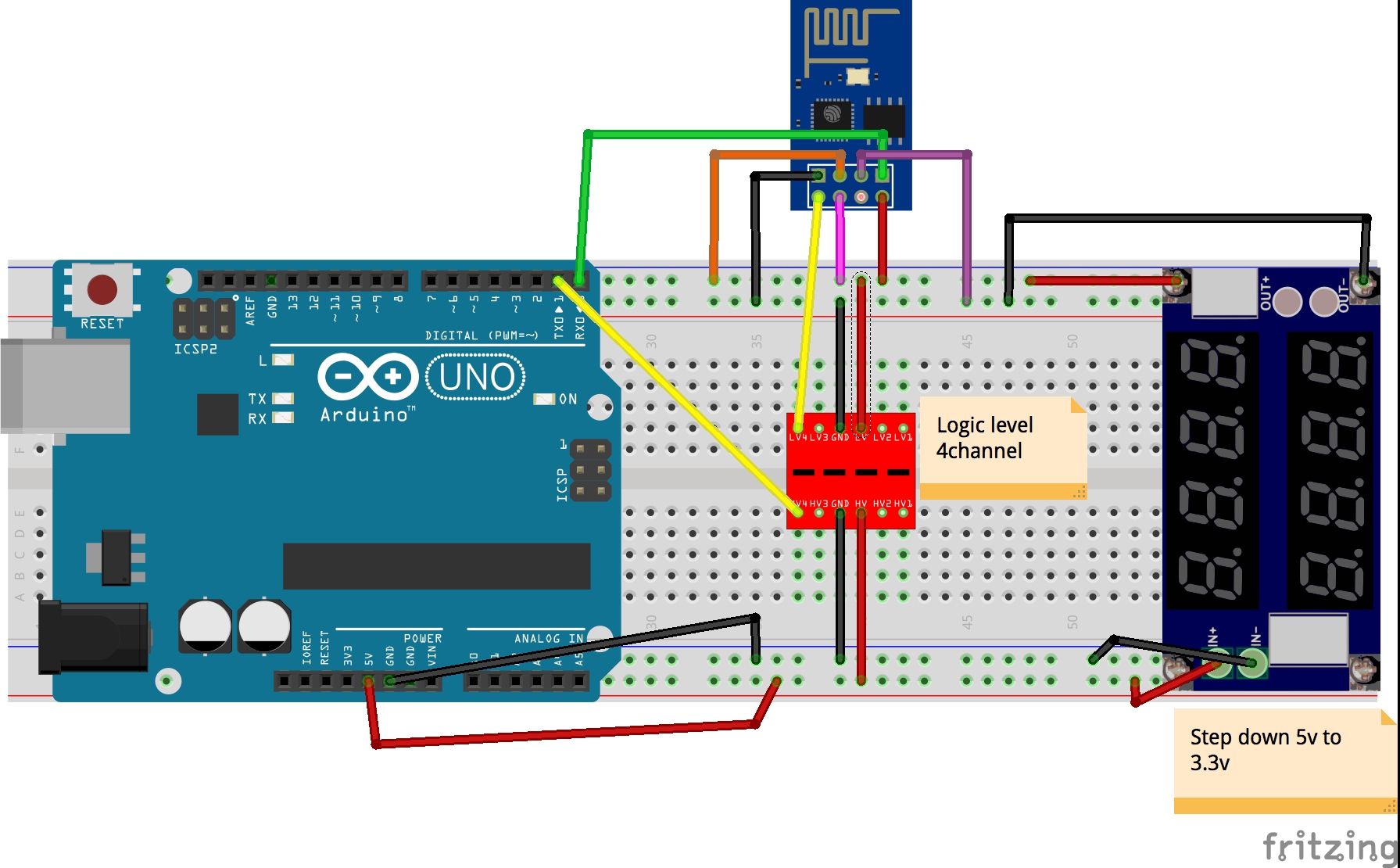
- ESP8266 FIRMWARE ARDUINO IDE INSTALL
- ESP8266 FIRMWARE ARDUINO IDE UPDATE
- ESP8266 FIRMWARE ARDUINO IDE ZIP
In subfolder data of the source codes of the WiFi Link firmware are the static web files (html, css, js) for the Web Panel. Use the Upload button in IDE to upload the WiFi Link firmware. Connect it to USB of the computer and if it doesn't support DTR, put it into programming mode with dedicated button. Setup your esp board/shield/module for flashing. The first compilation after changing the board will take time. Now verify the sketch with the Verify button. Erasing all SDK parameters can help if you experience WiFi connection stability issues.
ESP8266 FIRMWARE ARDUINO IDE UPDATE
If changing from prebuild firmware, changing LwIP option or after a update to new version of esp8266 Arduino core package use "All flash content" to erase all parameters set be Espressif SDK. To preserve SPIFFS and WiFi credentials use option "Sketch only".
ESP8266 FIRMWARE ARDUINO IDE ZIP
Open or extract the downloaded zip and copy the folder ArduinoFirmwareEsp from zip to your sketches folder. Every GitHub repository has a green "Clone or download" button which opens a small menu.
ESP8266 FIRMWARE ARDUINO IDE INSTALL
To install it using boards manager, follow the instructions.Īdditionally, install the Arduino ESP8266 filesystem uploader IDE plugin Download the source code You need the esp8266 core for Arduino IDE. The WiFi Link firmware is an Arduino sketch so you can build it in Arduino IDE and upload it to ESP from Arduino IDE.īuilding WiFi Link firmware from source files gives you possibility to build the newest version, build a branch version, build some fork version or change something in source code you need.

The corresponding Arduino library is WiFi Link library. With changes in this fork, it can be used with any esp8266 in combination with an Arduino MCU. It was developed for the Arduino Star Otto, Arduino Primo and Uno WiFi Developer Edition.


The WiFi Link firmware is an ESP8266 arduino sketch developed by in Arduino IDE using Arduino esp8266 core. The goal of this fork is make improvements and provide documentation.


 0 kommentar(er)
0 kommentar(er)
